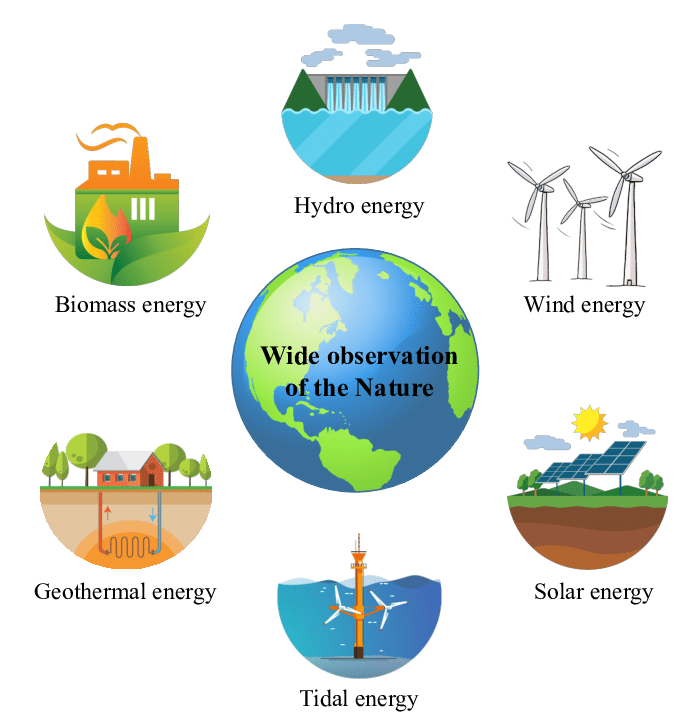However, this growing need for power has led to detrimental consequences such as environmental degradation and climate change. There is a critical need to shift from traditional fossil fuel-based energy sources to renewable energy to address these pressing issues. Renewable energy sources offer a sustainable solution that reduces greenhouse gas emissions and ensures a cleaner and healthier planet for future generations.

One of the primary advantages of renewable energy sources is their ability to produce clean electricity without emitting harmful pollutants into the atmosphere. Unlike fossil fuels, which release carbon dioxide and other greenhouse gases when burned, renewable energy sources such as solar, wind, and hydropower generate electricity with minimal or no emissions. Reducing greenhouse gas emissions is crucial in mitigating climate change by preventing further global warming.
Moreover, renewable energy sources are abundant and inexhaustible compared to finite fossil fuel reserves. Sunlight is available almost everywhere on Earth, making solar power an accessible source of clean energy. Wind power harnesses the natural force of wind currents in various regions worldwide. Hydropower utilizes flowing water from rivers or dams to generate electricity continuously. These renewable resources can be harnessed indefinitely without depleting their availability over time.
Furthermore, investing in renewable energy promotes economic growth by creating new job opportunities and stimulating innovation within the sector. The transition towards renewables requires significant investments in research and development, manufacturing facilities, installation services, and maintenance operations. As a result, this industry generates employment across multiple sectors while fostering technological advancements that improve efficiency and reduce costs over time.
Additionally, relying on renewable energy sources enhances national security by reducing dependence on foreign oil imports. Many countries heavily rely on imported fossil fuels for their energy needs; however, this reliance exposes them to geopolitical risks and price fluctuations in the global energy market. By diversifying their energy mix with renewables, nations can achieve energy independence and reduce vulnerability to external factors that may disrupt the supply of fossil fuels.
Despite these numerous benefits, challenges are associated with the widespread adoption of renewable energy sources. The intermittent nature of solar and wind power requires effective storage solutions to ensure a consistent electricity supply. Additionally, the initial costs of implementing renewable energy technologies can be high, although they have steadily decreased in recent years.
Renewable energy sources offer a sustainable solution for meeting our growing energy demands while mitigating climate change and reducing environmental degradation. By transitioning from fossil fuel-based systems to renewables like solar, wind, and hydropower, we can create a cleaner and healthier planet for future generations. Investing in renewable energy reduces greenhouse gas emissions and stimulates economic growth by creating jobs and fostering innovation. As we face the challenges associated with this transition, governments, businesses, and individuals must work together to accelerate the shift toward a more sustainable future powered by renewable energy sources.

